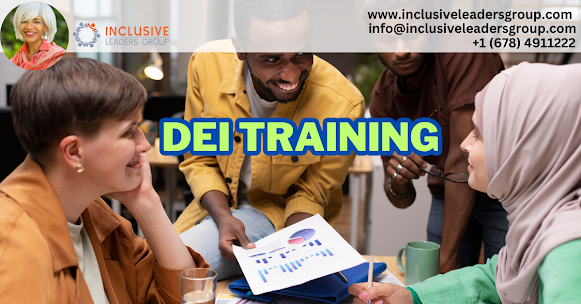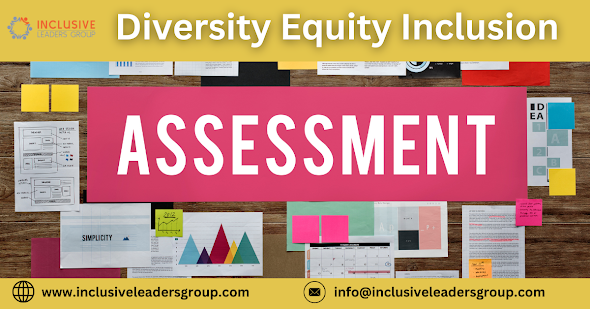Diversity, Equity & Inclusion for Better Healthcare: ILG

Diversity, Equity, and Inclusion Healthcare, or DEI Healthcare, is a core tenet that promotes ensuring that everyone has equitable access to healthcare services, regardless of their gender, race, ethnicity, socioeconomic status, or any other characteristics that may potentially marginalize certain groups. Addressing gaps in healthcare outcomes and ensuring that each person receives fair and suitable care are the key goals of DEI Healthcare Dedicated . Healthcare organizations and providers work to address the particular demands and difficulties experienced by varied patient populations within the scope of DEI Healthcare. This entails expanding healthcare providers’ cultural competency, boosting access to healthcare services, and putting procedures in place to stop bias and discrimination. DEI Healthcare acknowledges that there are systematic injustices in the healthcare system and works to close these gaps. This entails actions like encouraging diversity and inclusion within healt


